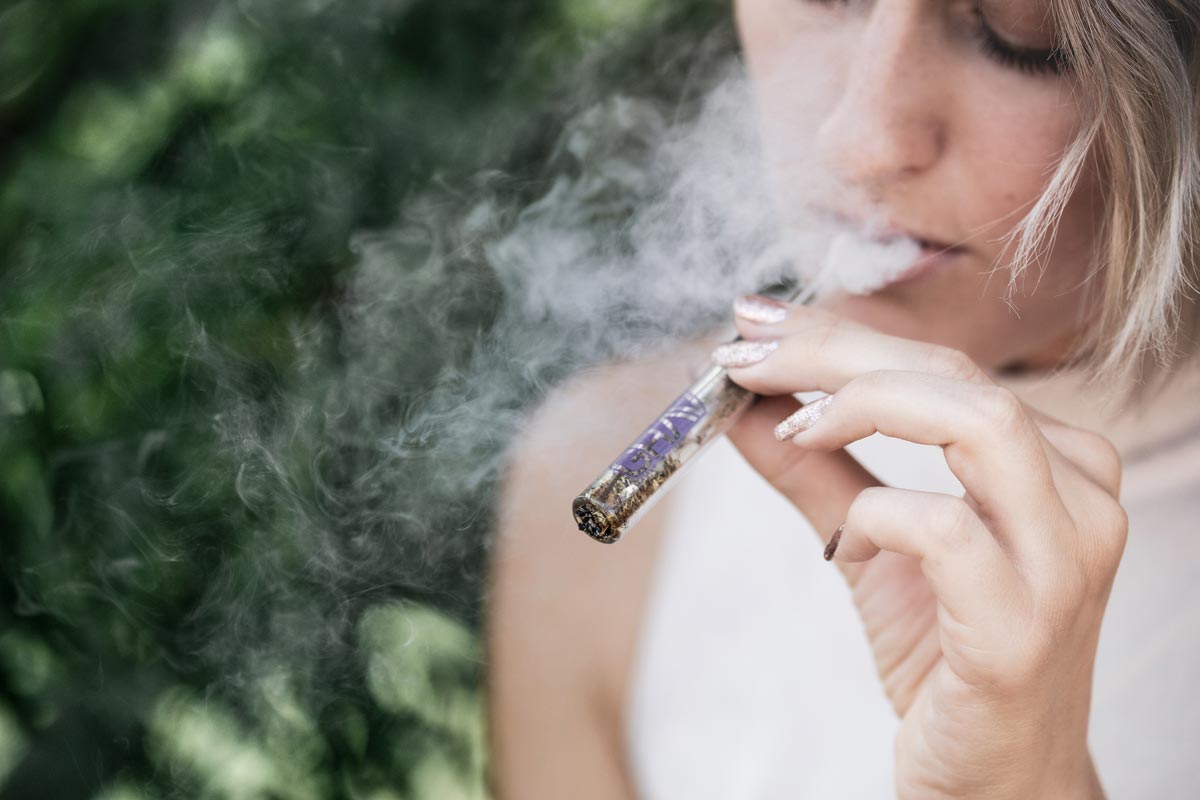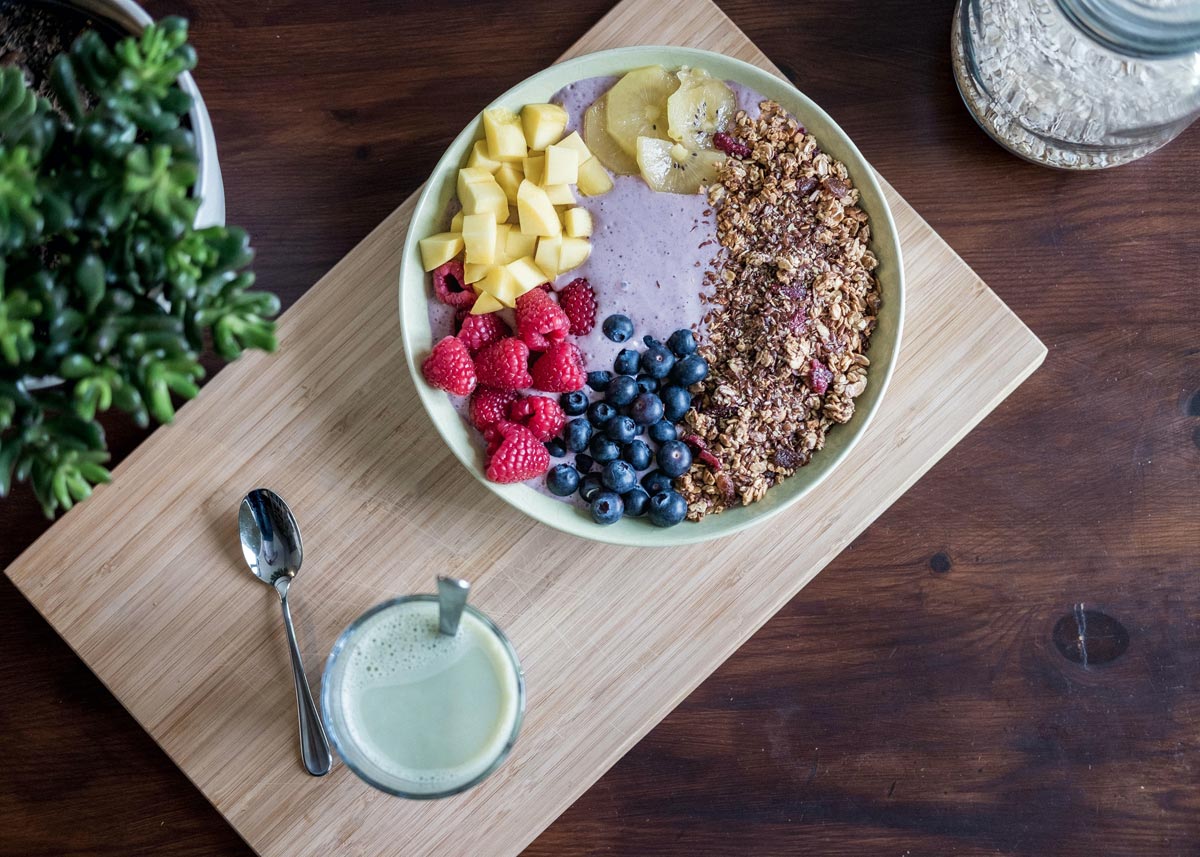Finding the right sponsor is critical for your continuing sobriety and, for many, it’s one of the most important relationships ever made in recovery. This is why it pays to carve out some time to figure out the best possible choice for you and your long-term sobriety. Of course, you’ll want to choose someone whose recovery you respect and admire and who you can relate to and trust.
It also goes without saying that your sponsor should have at least one year of sobriety under his or her belt. You also want to choose someone of the same gender and/or someone you wouldn’t potentially be attracted to. The reasoning behind this well-known guideline: You don’t want to risk romantic involvement and/or relapse. Most experts advise against dating for at least the first year of recovery.
Beyond these sponsor “rules,” there are some solid considerations that should be top of mind when choosing a sponsor. Here, we take a look at a few:
- Your sponsor should have a sponsor. Choosing someone who has worked the steps themselves and is under the guidance of another sponsor is always a good idea. This will ensure accountability.
- Your sponsor should be able to devote time to you. While having more than one sponsees likely means that person is reliable and trustworthy, it might also mean that he or she is spread too thin. Especially during early recovery, you’ll need to know that your sponsor is realistically available to call you back or meet up. Along these lines, once you do pick your sponsor, be sure to set up some communication ground rules.
- Your sponsor should enjoy life. An important part of lasting sobriety is building a life that’s better than the one you had while in active addiction – and your sponsor should serve as a living example. Ask yourself: Do I admire his or her recovery and new sober life? Does this person smile or laugh or seem genuinely positive? These questions are crucial to choosing a good sponsor.
Another thing to keep in mind is that you should never feel trapped in your sponsor relationship. Your needs may change at different stages of recovery and, if you’re not getting what you need, don’t be afraid to search out a new sponsor.
12 Step Integration at 10 Acre Ranch
Our rehab integrates 12-step tenets from programs like Alcoholics Anonymous (AA), Narcotics Anonymous (NA), and Cocaine Anonymous (CA) into our group therapy approach. This helps guide our clients during recovery and ensures they have a solid support network post-rehab. To learn more, call today: 877-228-4679.





